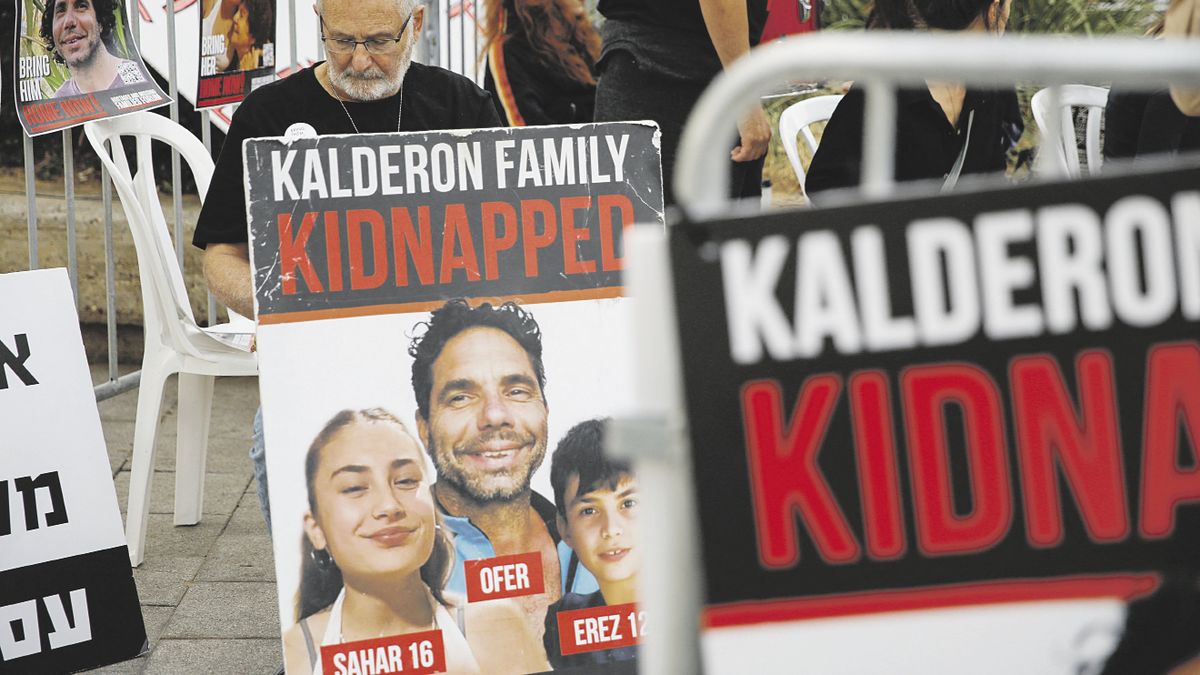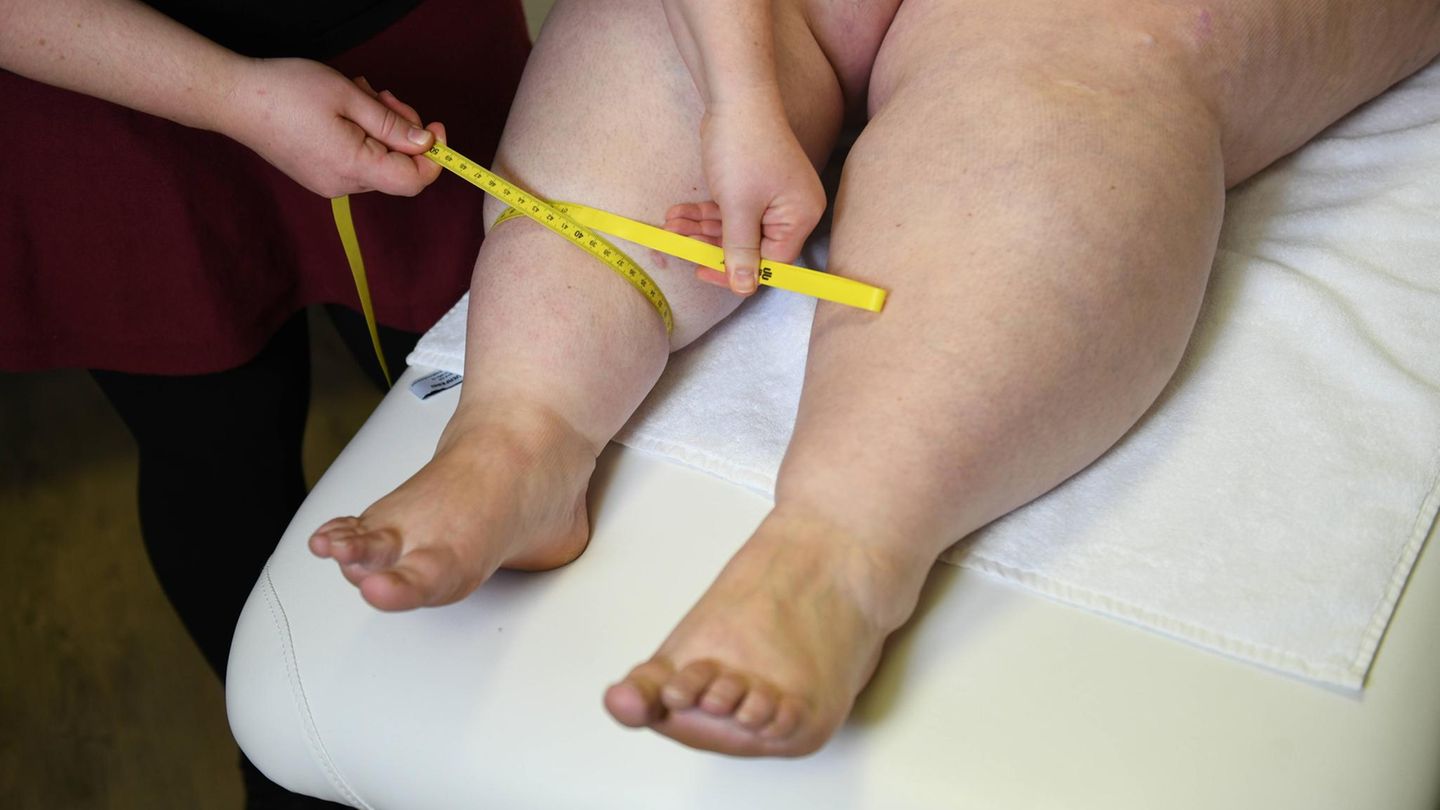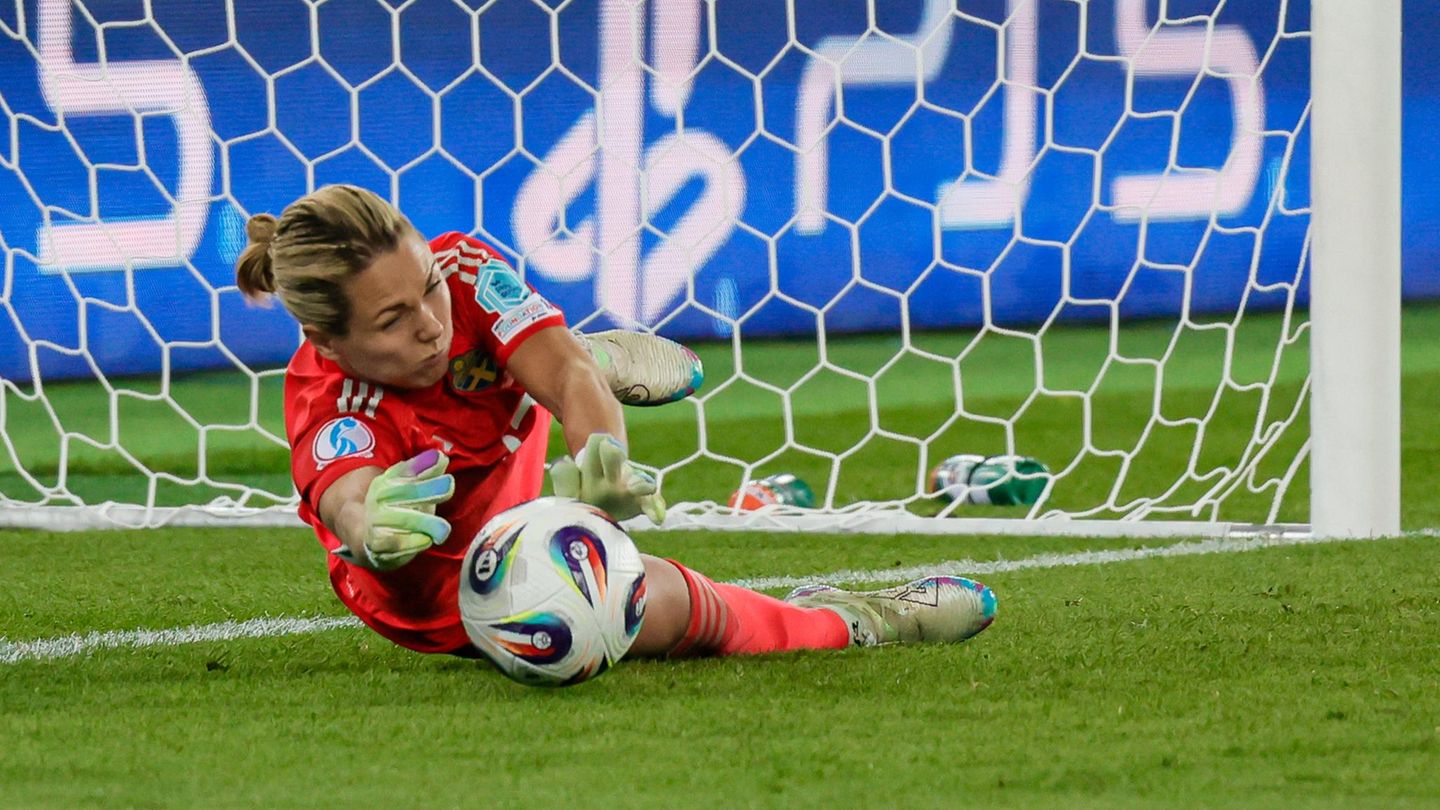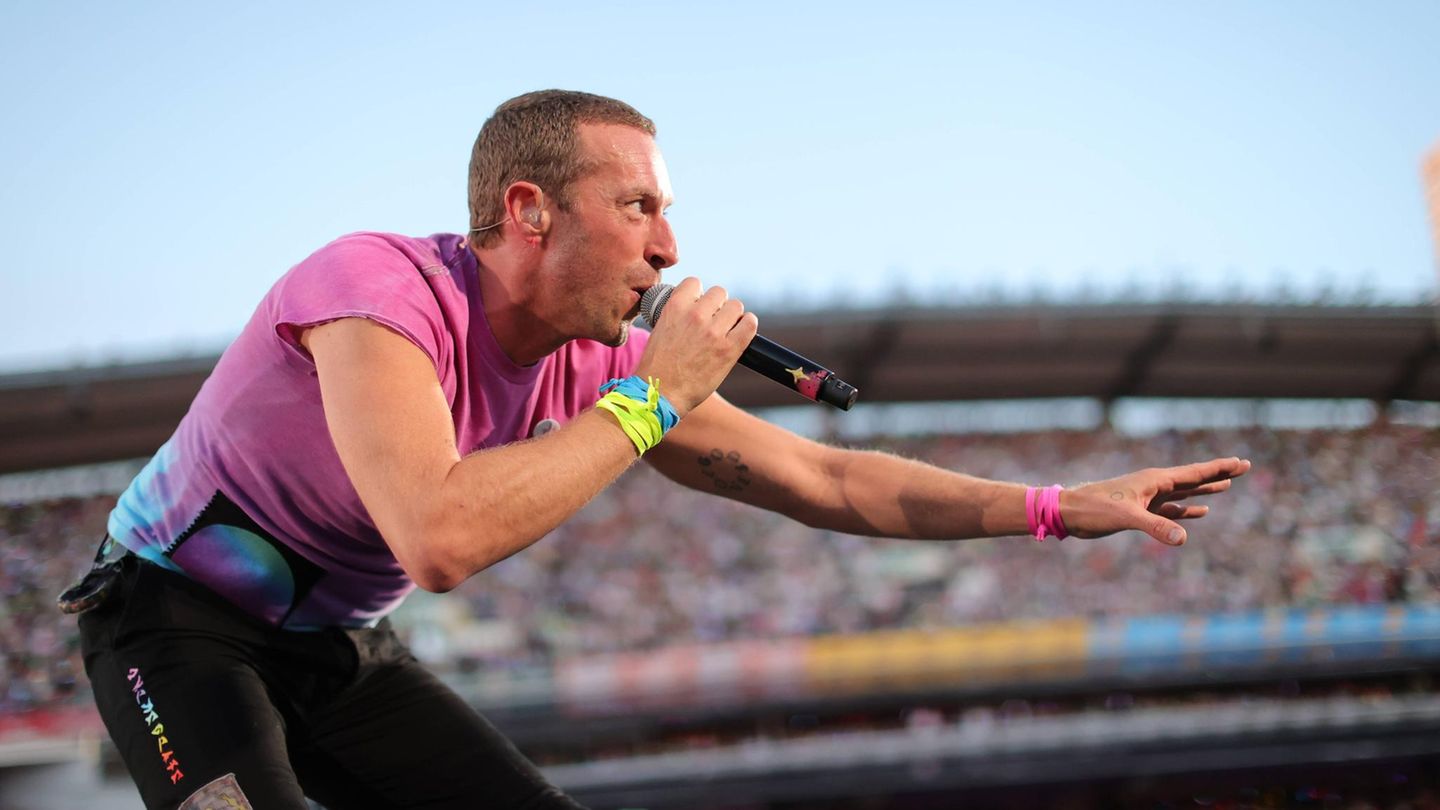Yesterday Israel and Hamas reached an agreement for the release of at least 50 hostages held by the terrorist group in exchange for Palestinian prisoners, which establishes a four-day truce in the Gaza Strip after weeks of Israeli offensive and entry into the besieged territory of large amount of humanitarian aid.
The truce, the biggest diplomatic progress in more than six weeks of hostilities, raises hopes of moving toward an end to the escalation, which was sparked by Hamas attacks in Israel last month, devastated much of Gaza, spread to the Palestinian territories of the West Bank and raised tensions throughout the Middle East.
The agreement was announced by Qatar, which acted as mediator with the United States and Egypt, and will come into effect today at 10 a.m. in Gaza (5 in Argentina), according to Hamas.
A leader of the Palestinian group’s political arm, Musa Abu Marzuk, told the Qatari news network Al Jazeera that most of the hostages to be released are foreigners.
About twenty Argentines are among the 240 hostages who were taken by Hamas militiamen on October 7.
Israel, for its part, announced that the release of hostages would begin today and that the truce would be extended one more day for every 10 additional hostages released by Hamas.
Qatar indicated that 50 hostages will be released in stages over four days of truce, in exchange for what Hamas says would be 150 Palestinian prisoners.
Both sides will first release women, children and adolescents, and the supply of humanitarian aid reaching Gaza will be increased, the Qatari government added.
The International Committee of the Red Cross (ICRC) assured that it is willing to help.
The announcement came hours after the Israeli Government approved the agreement, which was celebrated by the relatives of the hostages, but rejected by the most right wing of the cabinet, which opposes the truce, in a reflection of the significant internal pressures. opposite that the Israeli Prime Minister, Benjamin Netanyahu, faces.
Netanyahu maintained that Israel would resume the offensive after the “pause” and would continue fighting until “all objectives” were achieved, including the defeat of Hamas and the return of all hostages.
Israel’s Justice Ministry published a list of 300 prisoners eligible for release as part of the deal, mainly teenagers detained over the past year for stone throwing and other minor crimes.
Netanyahu acknowledged that accepting the deal was “a complicated decision, but the right one.”
The main Israeli association of hostage families said it was “very happy” about the agreement, although it did not know who would be released and when.
The Minister of National Security, the far-right Itamar Ben Gvir, stated that the agreement was a victory for Hamas, which did not guarantee the release of all the hostages nor, much less, the destruction of Hamas, as Netanyahu promised.
In a statement, Hamas explained that, as part of the agreement, hundreds of trucks carrying humanitarian aid – including fuel – from Egypt would be allowed to enter Gaza, and that Israel would limit its operations during the ceasefire.
US President Joe Biden welcomed the deal and said Netanyahu pledged to support a “prolonged pause” to ensure the hostages are freed and humanitarian aid can be sent to Gaza. The White House noted that among those released there will be three Americans, including a three-year-old girl.
The understanding was celebrated by great powers such as Germany, China, France, the United Kingdom and Russia. Egypt called the negotiation “a success” and Turkey and Saudi Arabia hope it will help end the conflict.
Source: Ambito




